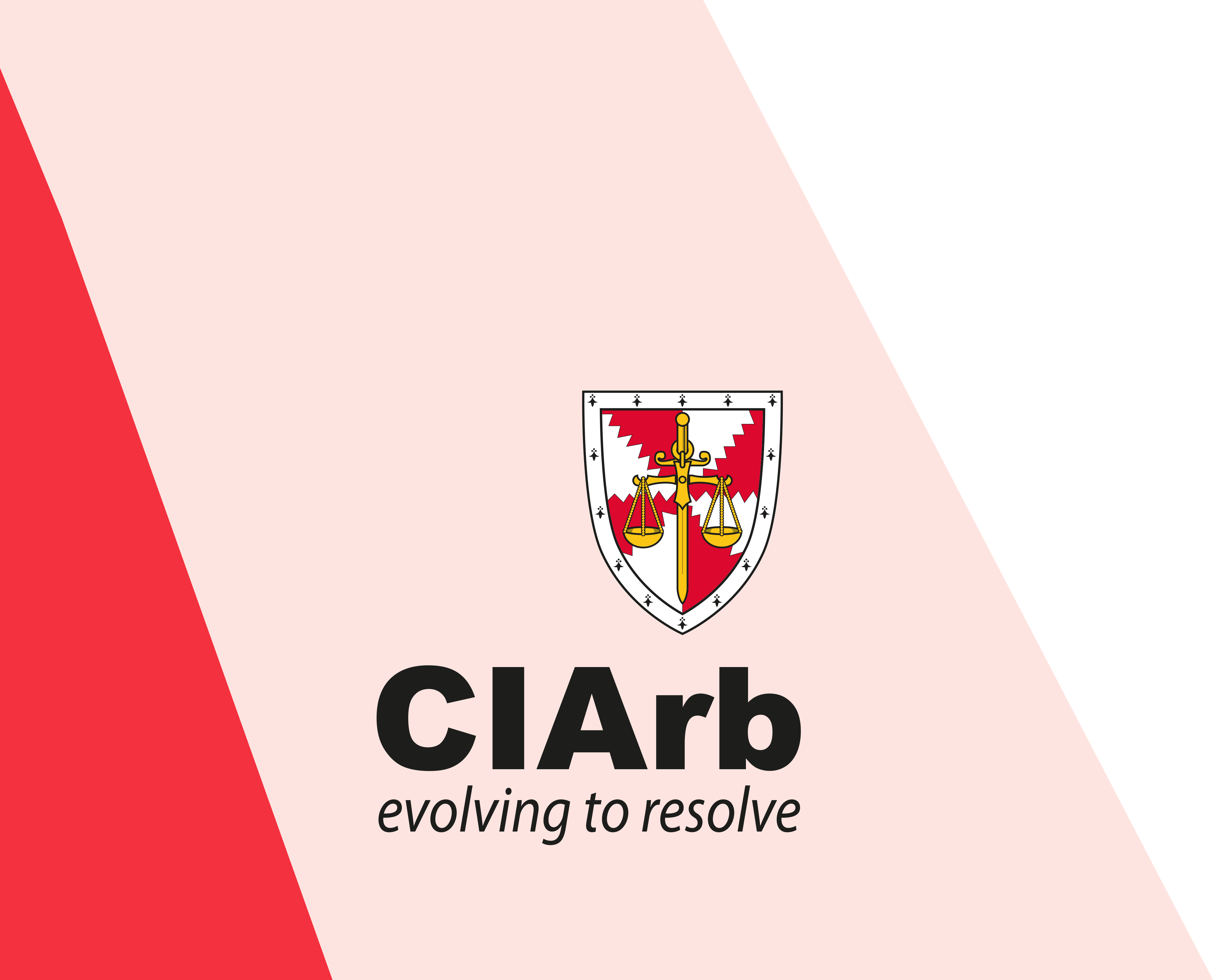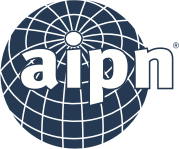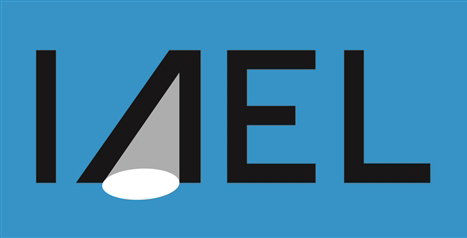Written by:
Tobenna Nnamani
Partner, PUNUKA Attorneys & Solicitors
Lagos, Nigeria
t.nnamani@punuka.com
www.punuka.com
Introduction
The challenges of operating in the Mining sector in Nigeria range from insecurity, poor data gathering, infrastructural deficiency etc. In addition to these challenges, it is not unusual to read about disputes between companies and host communities based on environmental issues. For instance, in Chief Osaro Agbara & Ors v The Shell Petroleum Development Company of Nigeria Limited (Shell) & 2 Ors[1], the trial Court awarded N15, 407, 777, 276 (about $32.7 million USD) in damages in respect of the pollution of the land occupied by them following the rupture of a pipeline maintained by Shell.
The Mining sector in Nigeria is principally regulated by the Mining Act 2007 (The Act) and we shall briefly discuss some of the environmental considerations a Mining Lease holder must be prepared to undertake in order to successfully operate in the Country.
The purpose of this article is to provide stakeholders with a preliminary guide regarding the environmental issues in the Mining sector in Nigeria and how they can ensure they commence and exit their operations without any valid environmental complaints from the host community or any Regulator.
Environmental Considerations:
A Mining lease holder shall prior to the commencement of any development activity within the lease area conclude with the host community where operations are to be conducted the social and economic benefits to the community. By virtue of section 118 of the Act, every holder of a mineral title shall rehabilitate the land disturbed to its natural or predetermined state. To ensure this obligation is met, the title holder shall prior to the commencement of the operations submit an environmental impact assessment approved by the Federal Ministry of the Environment and an Environmental Protection and Rehabilitation Program to the Mines Environmental Compliance Department (The Compliance Department).
The Environmental Protection and Reclamation Program (The Program) shall contain a reasonable estimate of the total cost of rehabilitation, a timetable for the orderly and efficient rehabilitation of the area to a safe and environmentally sound condition suitable for future or recreational use.
The Compliance Department may approve or reject the Program submitted by the title holder. In the case of the rejection, the title holder may: submit such other number of programs as may be necessary in order to obtain approval, and if the application is rejected twice, the title holder may submit the matter to arbitration within thirty days of notification by the Compliance Department.
By virtue of section 121 of the Act, an Environmental Protection and Rehabilitation Fund is established for the purpose of guaranteeing the environmental obligations and every title holder is obligated to make contributions to the fund in accordance with the amount approved in the Program not later than one year from such approval. Where the holder of the title fails to make contributions, thirty days written demand shall be issued to the title holder and where the amount remains outstanding, the records of the title holder shall be cancelled at the Cadastre Register and the Trustee of the funds may institute court actions to recover the outstanding amount.
However, where the program has been fully implemented and certified by an independent external audit, the Compliance Department shall authorize the refund of any sum remaining in the fund to the title holder within 30 days of the receipt of the certification.
Conclusion
The Mining Act authorizes title holders to enter contracts with host communities regarding their environmental concerns in the community. However, while that contract is a precondition to the commencement of any operations, it is not a substitute or to the approval from the Compliance Department. Moreso, a title holder must ensure it obtains a certification from an independent external audit as proof of full implementation of the program to minimize any liability arising from the environment in future.
Author:
Tobenna is the team lead of the Mining Practice Group in the firm and currently serves as the International Bar Association (IBA) Reginal Representative Africa of the Mining Law Committee.
The content of this article is the view of the author and not necessarily that of the firm; and intended to provide a general guide to the subject matter. Specialist advice should be sought about your specific circumstances.
[1] SC/731/2017- The Supreme Court dismissed the appeal of Shell on November 27, 2020.













